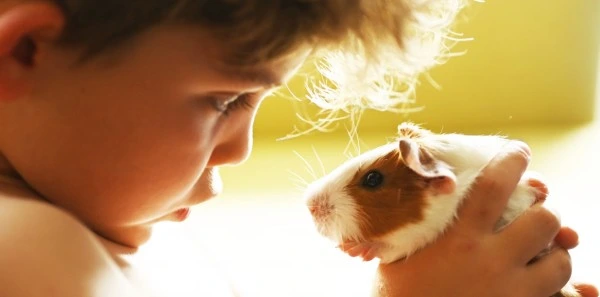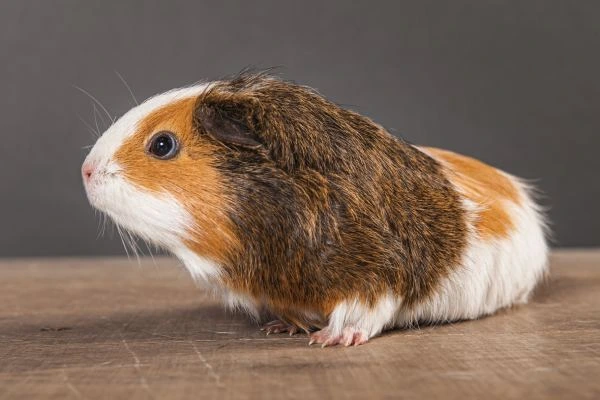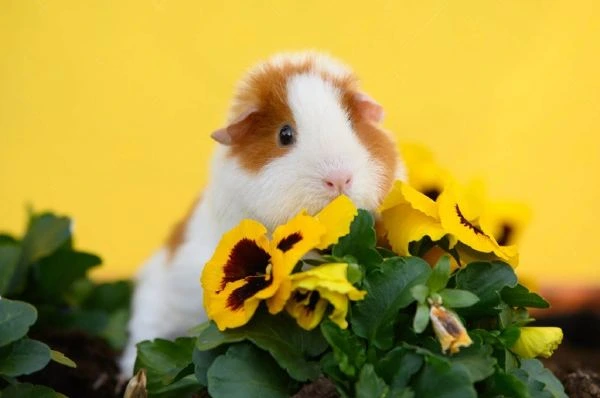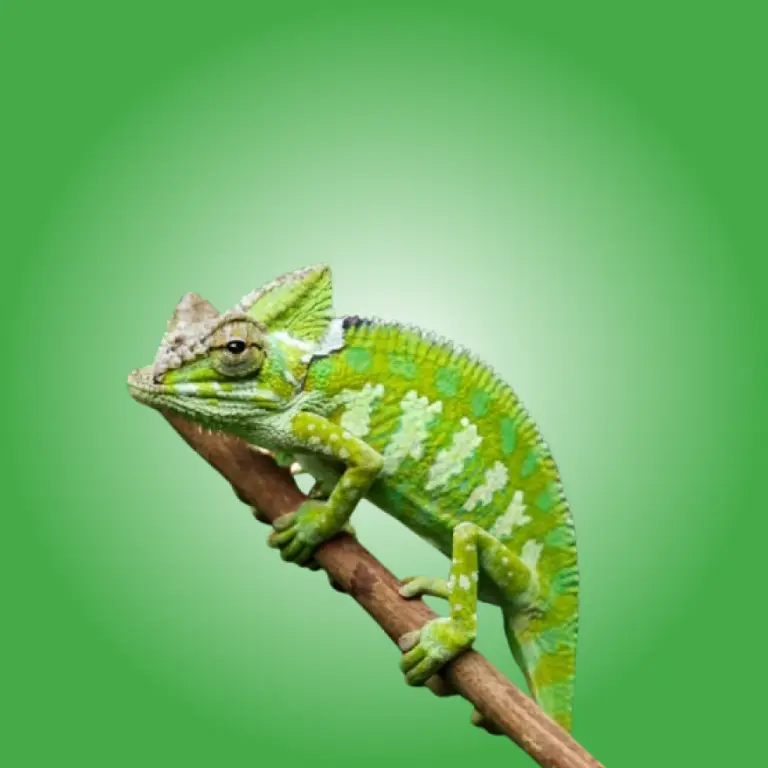If you’re considering bringing a teddy guinea pig into your life,
caring for them isn’t a walk in the park.
but dont worry
YOU and I will dive deep into everything from their care essentials to fascinating behavior traits.
Let’s ensure YOUR furry friend gets the best life possible!
Key Facts About Teddy Guinea Pigs
| Scientific Name | Cavia porcellus |
| Family | Caviidae |
| Care Difficulty | Moderate |
| Ideal Temperature | 65°F to 75°F (18°C to 24°C) |
| Color Variations | White, brown, black, agouti, and mixed |
| Lifespan | 5-7 years |
| Size | 8-12 inches (20-30 cm) |
| Diet | Hay, pellets, fresh veggies, and fruits |
| Minimum Cage Size | 7.5 square feet (30” x 36”) |
| Compatibility | Best with other guinea pigs; cautious with other pets |
Cost of Teddy Guinea Pigs
Before adopting, let’s talk numbers. Teddy guinea pigs typically cost between $20 and $50, depending on the breeder or pet store. However, the initial setup (cage, bedding, food, and accessories) can cost around $150 to $200. Regular monthly expenses like food and bedding might add another $40.
Pro Tip: Always adopt from reputable breeders or rescue shelters to ensure YOUR guinea pig is healthy and well-socialized.
Behavior and Personality Traits
Teddy guinea pigs are known for their calm demeanor and friendly disposition. They’re social creatures who thrive on interaction—whether it’s with YOU or their guinea pig buddies. Their soft, dense fur makes them irresistibly huggable.
If YOU spend time with them daily, they’ll quickly bond and even start recognizing YOUR voice. However, keep in mind, every guinea pig has its unique personality—some might be more playful, while others are shy.

Creating the Perfect Habitat for Your Teddy Guinea Pig
Choosing the Right Bedding
Teddy guinea pigs love cozy, clean bedding. Avoid cedar or pine shavings as they can harm their respiratory system. Instead, opt for paper-based bedding or fleece liners.
Maintaining Proper Temperature and Lighting
These little guys are sensitive to extreme temperatures. Keep their environment stable, between 65°F and 75°F. Avoid direct sunlight or cold drafts. For lighting, natural light works best, but ensure the cage isn’t placed in harsh sunlight.
Essential Accessories for Their Cage
- Hiding Spots: Guinea pigs need a safe place to retreat.
- Chew Toys: Help keep their teeth healthy and prevent boredom.
- Hay Rack: Keeps hay off the floor and clean.
- Water Bottle: A drip-free water bottle is essential.
Can Teddy Guinea Pigs Live with Other Pets?
Here’s where things get tricky. Teddy guinea pigs are social but delicate. They do best with other guinea pigs, but introducing them to other pets like cats or dogs requires caution. Always supervise interactions and ensure YOUR guinea pig has a safe space to retreat.
Feeding Guide: What to Feed Your Teddy Guinea Pig
A balanced diet is key to their health. Here’s a quick breakdown:
- Hay: Should make up 80% of their diet.
- Pellets: Look for guinea pig-specific pellets fortified with vitamin C.
- Fresh Veggies: Bell peppers, cucumbers, and leafy greens are great.
- Fruits: Occasional treats like apple slices or blueberries.
Avoid: Chocolate, onions, garlic, or anything high in sugar or fat.

Breeding Teddy Guinea Pigs
Breeding isn’t for the faint of heart and should only be done with proper knowledge and care. Female guinea pigs (sows) should not breed after 7-8 months as complications can arise. If YOU plan on breeding, consult a vet and ensure YOU have the resources to care for the babies.
Health Care Essentials and Tips
Regular vet checkups are crucial for spotting potential health issues early. Keep an eye out for signs of illness such as:
- Lethargy
- Loss of appetite
- Changes in droppings
Quick Health Tips:
- Trim their nails every few weeks.
- Brush their dense coat to prevent matting.
- Provide vitamin C supplements if their diet lacks it.
According to a study in the Journal of Animal Science, guinea pigs deficient in vitamin C are more prone to scurvy, a serious condition affecting their bones and joints




















